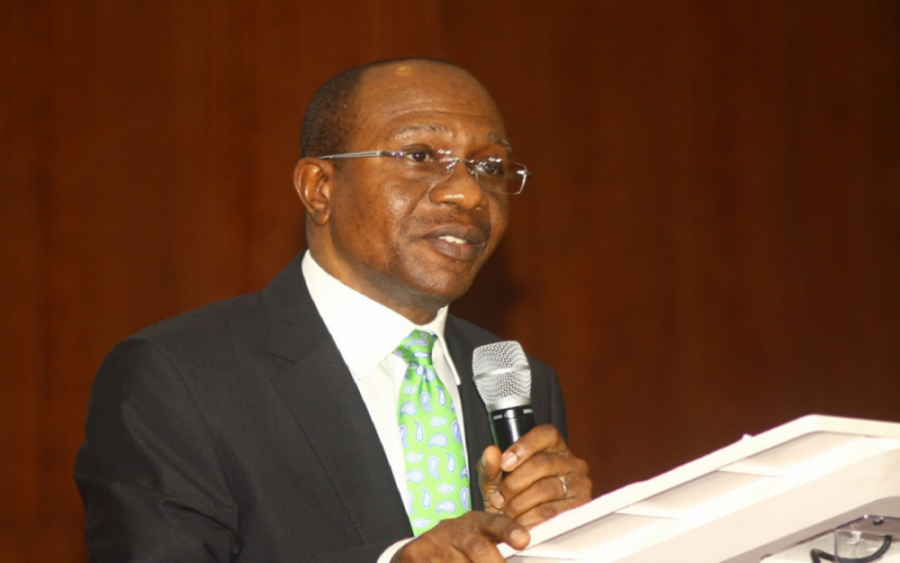The Director of Corporate Communications, Central Bank of Nigeria (CBN), Isaac Okorafor has revealed the main reason behind Nigeria’s most recent drop in her foreign reserves.
While maintaining that the drop in foreign reserves has nothing to do with politics, Okorafor blamed the drop on “global squeeze on emerging markets, which was consequent upon increasing interest rates in the United States of America.”
Speaking at the on-going Abuja International Trade Fair, Okorafor said at the current level of $44 billion, the foreign reserve was capable of financing between 14 and 17 months imports, far above the internationally acceptable level of three months’ importation.
The apex bank, according to Okorafor, has remained committed to the infusion of interventions that will ensure the healthy stability of the country’s foreign reserves.
The interventions include Agricultural Credit Guarantee Scheme Fund (ACGSF), SMEs Credit Guarantee Scheme (SMECGS), N300 billion Power and Airline Intervention Fund (PAIF), Nigeria Incentive-based Risk Sharing System for Agricultural Lending(NIRSAL), and the Real Sector Support Facility (RSSF). Others are Nigeria Electricity Market Stabilisation Facility (NEMSF), Entrepreneurship Development Centres (EDCs), Youth Entrepreneurship Development Programme (YEDP), Export Stimulation Facility (ESF), Agri-business/Small and Medium Enterprises Investment Scheme (AGSMEIS), Paddy Aggregation Scheme (PAS), Accelerated Agricultural Development Scheme (AADS), and the Anchor Borrowers Programme (ABP).
Okoroafor said the overall impact of these interventions is the enhanced operational capacity of the small and medium-sized enterprises (SMEs) that had translated into a reflation of the economy with attendant growth and development.
“CBN remains committed to continually rolling out proactive and innovative policies which would ensure that all economic sub-sectors, especially the SMEs in Agribusiness, receive the desired support.
We are determined to ensure that Nigeria’s economy remains in a state of consistent growth even as we focus on economic diversification and national food sufficiency,” the apex bank Director assured.
